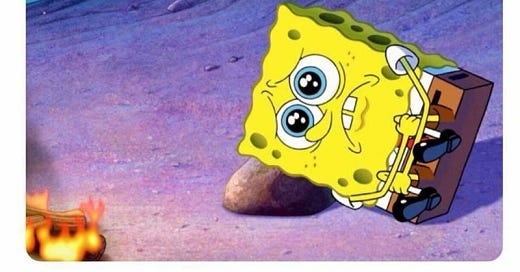Culture: Why Today's 30-Somethings Don't Feel Like Adults
What does it take to be a grown-up?
The youngest millennials are about to turn 30, but many still don’t feel like adults. Writing for The Wall Street Journal, Rachel Wolfe points out that “many 30-somethings sound disoriented and unsure about what it means to be a successful adult now,” a statement that reflects the existential angst of a generation that, in many ways, wasn’t set up for success from the start.
Wolfe’s piece caught my eye a couple of days ago. The title, “What Happens When a Whole Generation Never Grows Up?”, expresses the insecurity many adults in their 30s feel for not looking like an adult, meaning they are unmarried, don’t have children, aren’t homeowners, and still live with roommates or their parents.
Wolfe rounds up the usual suspects: a tough housing market, economic uncertainty, and skyrocketing cost of living. But she also points out that the average 30-something makes more money than their parents did at their age ($67,652 median wage in 2024 compared to $58,522 in 2000), and that “The overall wealth of 30-somethings, too, rose 66% between 1989 and 2022, according to the St. Louis Federal Reserve, from $62,000 to $103,000".” But making more money doesn’t make that much of a difference when young adults expect their starter homes to have one bedroom for each child, and to take multiple vacations (especially internationally) every year, not to mention the expectation of not having to relocate from expensive markets like New York and Los Angeles to materialize the dream of owning a home.
Yes, standards of living and expectations have risen, creating a generalized feeling that you better do it “right” or not at all. However, I suspect there’s also a widespread tendency to ignore individual choices and call the results fate.
Keep reading with a 7-day free trial
Subscribe to Love Better to keep reading this post and get 7 days of free access to the full post archives.




